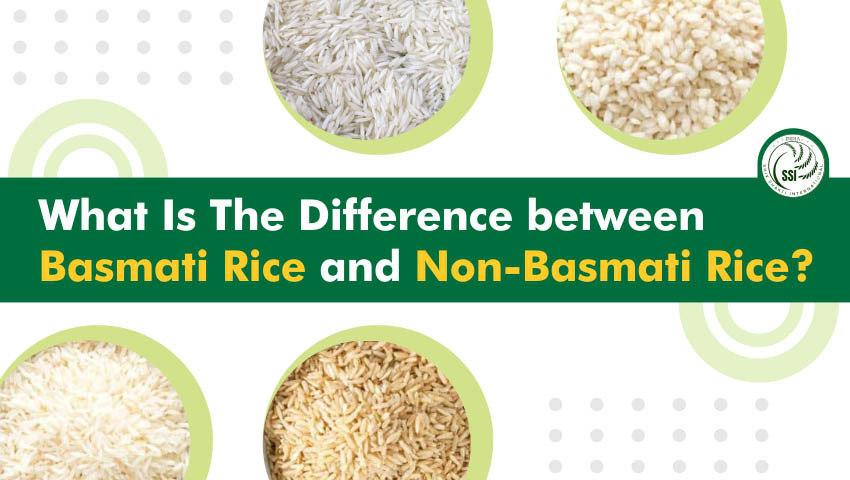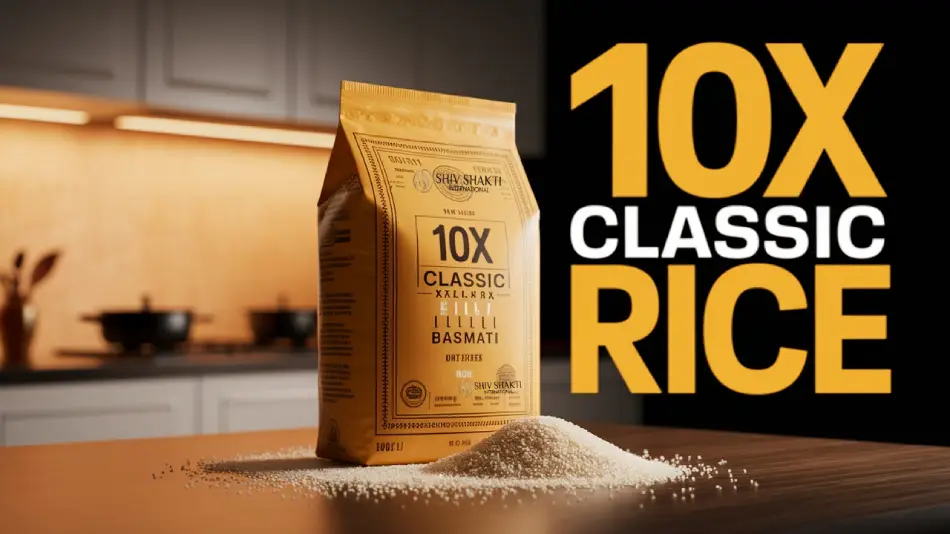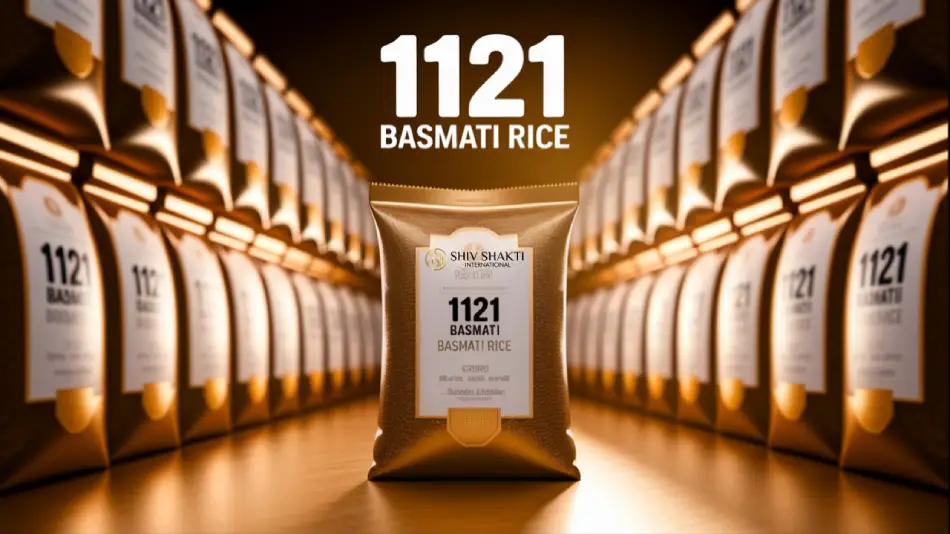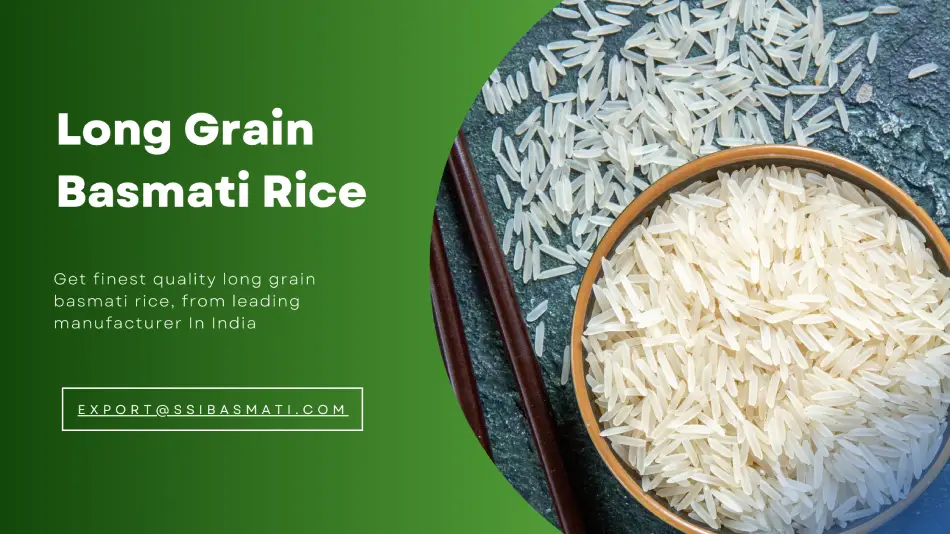
Rice, a tempting food!!
Yes, it is one of the main food people would like to eat every day.
Rice is a staple food of every kitchen. No dish is completed without basmati rice and non-basmati rice. Rice comes in several varieties with different properties. It is classified by the size of its grain into long, medium and short varieties and ranges from fluffy to creamy and sticky in texture. Also, the color of rice varies from brown to white to red.
The shape, size, texture, and other characteristics of the different varieties affect the way the rice is used in recipes, what types of dishes it is suitable for, and the way it is cooked. Each country favors particular varieties for its cuisine.
As rice has several categories, but basmati and non-basmati hold a special place in the consumer's heart. These rice types can be used on various occasions in different dishes. Both have their own characteristics.
Here Rice suppliers in India will discuss main two varieties of rice, Basmati rice, and Non-basmati rice.
Origin of Basmati and Non-Basmati Rice
These premium rice types are mostly cultivated in Haryana, Punjab, Uttar Pradesh, Andhra Pradesh, Telangana, and Karnataka. Owing to its extra-nutritious and unique qualities, this type of Indian rice has won the hearts of many people across the world.
Basmati rice- a queen of fragrance
As per rice exporter in India, Basmati rice is a unique species of rice originating from India. Just like all species of rice, Basmati rice available in white and brown versions, it depends on the milling process. This rice grains are longer than non-basmati varieties. Upon cooking, it becomes longer rather than sticky. Cooked basmati rice is easily identified by its fragrance. No other rice in the world has these unique characteristics in combination.
Basmati Rice Categories:
- 1121 basmati rice
- Traditional basmati rice
- Pusa basmati rice
- 1401 basmati rice
- 1509 basmati rice
- Sugandha basmati rice
- Sharbati basmati rice
Non-Basmati Rice
When it comes to staple food, non-basmati rice still takes a unique position in the rice world. It is considered a complete food that can use in different forms that provide palatable taste to any recipe. This rice contains a starchy substance called amylopectin, which causes stickiness. After cooking, the individual grains cling together, which is why it is used in various dishes.
Non-Basmati Rice Categories:
- PR11 non-basmati rice
- PR14 non-basmati rice
- Parmal non-basmati rice
- Round non-basmati rice
- Jeera rice
- Sona Masuri rice
How Basmati Rice is different from Non-Basmati Rice
-
Grain size and shape
Basmati is long grain rice. While non-basmati rice comes in all different shapes and sizes- long, slender, short and thick, bead and some may be round.
-
Aroma
Both are different in terms of aroma. None have the same characteristics as basmati. During cooking basmati rice released pleasant aroma whereas non-basmati rice has only some of the long slender rice is shaped like basmati rice and may have either the aroma or the elongation but not both.
-
Post Cooking Elongation
Basmati rice becomes almost twice its original size upon cooking. That’s why this rice grain used in various dishes for occasional purposes. Though, post-cooking size cannot be seen in non-basmati varieties yet this rice is used in dishes where a creamy or sticky texture is wanted, such as risottos, puddings, and sushi.
-
Nutritional Values
Basmati rice is not only known for its pleasant aroma and good taste but also has several nutritional values. Brown basmati rice is demanded by health freaks person to maintain body weight. However, it cannot be ignored by the health benefits of consuming non-basmati rice. Make sure to take rice in the right proportion.
Basmati and non-basmati rice both have their properties and characteristics. Make sure rice must be of the best quality. If you are looking to quality basmati rice and non-basmati rice, rice exporter in India will be the best choice for you.






